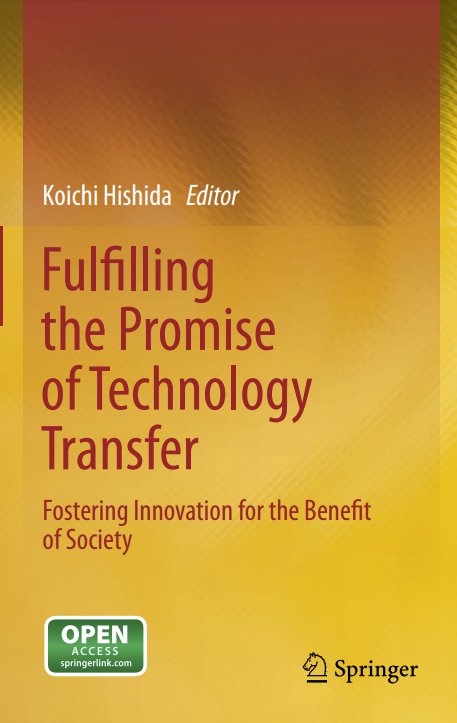Fulfilling the Promise of Technology Transfer
Editorial: Springer Nature
Licencia: Creative Commons (by-nc-nd)
Autor(es): Hishida, Koichi
As one of the strongest economic stimuli to help Japan recover from the severe economic recession in the 1990s, the Japanese government took swift action in introducing various kinds of measures to effectively return university research results to society. This included establishment of the accredited technology licensing of fi ce (TLO) system in 1998 and the Japanese version of the Bayh-Dole Act in 1999. The Ministry of Education, Culture, Sports, Science and Technology (MEXT) also supported this trend by encouraging the establishment of intellectual property (IP) management of fi ces in universities (during the fi scal years 2003-2007) and promoting international university-industry collaborations and related activities (during the fi scal years 2008-2012). Through such processes, universities acquired a new function in addition to education and research enabling them to "return research results to society." The revision of the Basic Act on Education in 2008, in which "returning research results to society" was clari fi ed as the "third mission" of a university, accelerated this historical change.
[2013]
Compartir:
Una vez que el usuario haya visto al menos un documento, este fragmento será visible.


